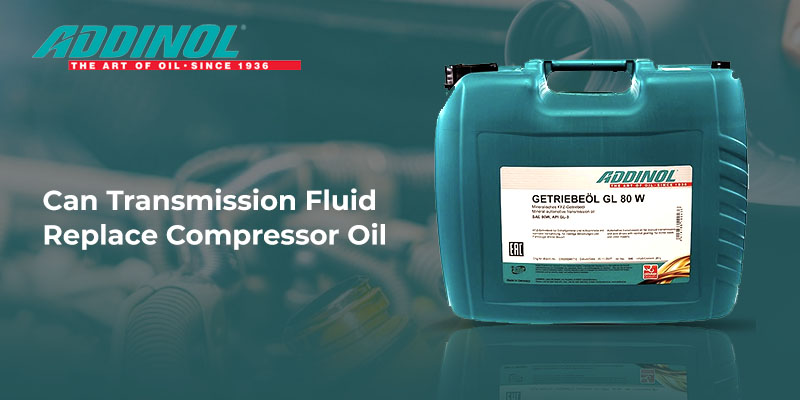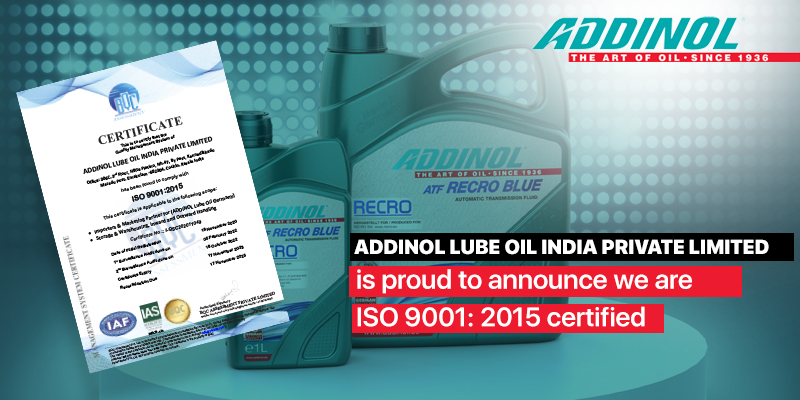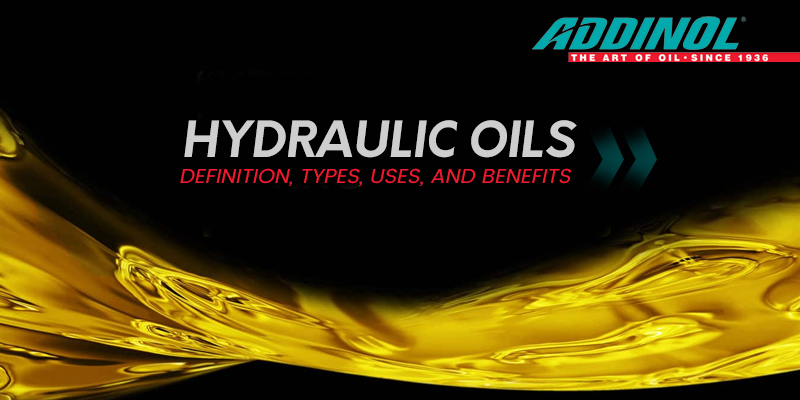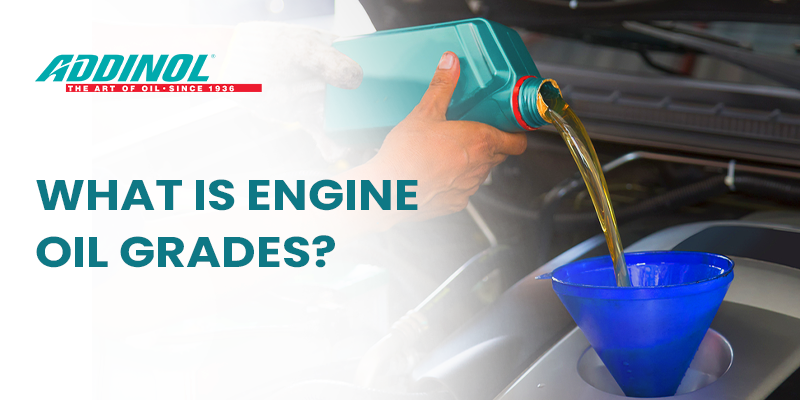A topic that often sparks curiosity and debate is the possibility of using transmission fluid as a replacement for compressor oil. This question over time has engendered considerable interest and deliberation among both enthusiasts and professionals alike. Have you too pondered over this question?
If so, stick in to know the motivations behind employing this alternative approach, as well as the potential drawbacks associated with it.
Understanding Transmission Fluid and Compressor Oil.
Transmission fluid serves as a specialized lubricant specifically designed for automotive applications. Its primary purpose is to ensure the seamless engagement and disengagement of gears, enabling smooth gear shifting within the transmission system. Automatic Transmission fluid acts as a protective shield, safeguarding the components from the detrimental effects of friction and excessive wear. With a unique formulation, it exhibits remarkable resistance to high temperatures, ensuring its reliability even under extreme operating conditions. By delivering excellent lubrication, automatic transmission fluid optimizes the overall performance and longevity of the transmission, contributing to the efficient operation of the vehicle.
Compressor oil, on the other hand, is specifically formulated for use in compressors, which are widely employed in various industries for generating compressed air or gas. It serves multiple purposes, including lubrication, sealing, and cooling.
Key differences between Transmission and Compressor oil.
When comparing transmission fluid and compressor oil, several key distinctions emerge:
Application: Automatic transmission oil is primarily used in automotive transmissions to facilitate smooth gear shifting and protect the transmission system. On the other hand, compressor oil is specifically formulated for use in compressors, which are utilized in various industries to generate compressed air or gas.
Function: Transmission fluid serves to reduce friction and wear within the transmission system, ensuring efficient power transfer and protecting the components. It also helps regulate temperature and dissipate heat. Compressor engine oil, on the contrary, fulfill multiple functions, including lubrication of compressor components, sealing to prevent leakage, and aiding in heat removal from the compressor.
Composition: Transmission fluid and compressor oil have different chemical compositions tailored to their respective applications. They contain specific additives and base oils that provide the desired properties and performance characteristics required for their intended use.
Viscosity Range: Transmission fluid and compressor oil possess varying viscosity ranges. Transmission fluid is engineered to have a specific viscosity suitable for optimal lubrication, ensuring smooth gear changes and minimizing friction losses. Compressor motor oil, however, has a different viscosity range that accommodates the lubrication requirements and operating conditions of compressors.
Compatibility: Due to their distinct formulations and intended purposes, transmission fluid and compressor oil are generally not interchangeable. Attempting to use one in place of the other can lead to compatibility issues, inadequate lubrication, and potential damage to the system.
Operating Conditions: Transmission systems and compressors operate under different conditions. Transmission systems experience a range of temperatures but relatively lower pressures compared to compressors. Compressors, on the other hand, operate under high pressures and generate substantial heat. Compressor motor oil is designed to withstand these demanding conditions and maintain optimal performance.
Understanding these differences is crucial in selecting the appropriate lubricant for each specific system. Choosing the correct lubricant ensures proper functioning, longevity, and protection of automotive transmissions and compressors, allowing them to perform optimally in their respective applications.
Can transmission fluid be used as a substitute for compressor oil?
While it may be tempting to consider using transmission fluid as a substitute for compressor oil, it is important to note that they are not interchangeable. Transmission fluid and compressor oil have distinct compositions and properties that make them suitable for their respective applications.
Automatic Transmission oil is specifically formulated to meet the unique demands of automotive transmissions. It is designed to provide optimal lubrication, reduce friction, and facilitate smooth gear shifting. Besides, auto transmission fluid is engineered to withstand the high temperatures and pressures encountered within the transmission system. On the other hand, compressor oil is specifically tailored for use in compressors. It serves multiple purposes, including lubrication of compressor components, sealing to prevent air or gas leakage, and heat dissipation. Compressor oil is formulated to handle the high pressures and temperatures generated by compressors during operation.
Using transmission fluid in a car or for other purposes as a substitute for compressor oil is not recommended due to the following reasons:
- Transmission fluid and compressor oil have different compositions tailored to their specific applications. They contain unique additives and base oils that provide the necessary properties for their intended use.
- Transmission fluid is formulated to meet the lubrication needs of automotive transmissions, enabling smooth gear shifting and reducing friction. Compressor oil, on the other hand, is specifically designed to lubricate compressor components and handle the high pressures and temperatures generated by compressors.
- Transmission fluid and compressor oil have different viscosity ranges. Transmission fluid is engineered to have a specific viscosity suitable for optimal lubrication within the transmission system. Compressor oil, however, has a viscosity range that caters to the lubrication requirements of compressors under varying operating conditions.
- Mixing incompatible lubricants can result in compatibility issues, leading to chemical reactions, degradation of lubricating properties, and potential damage to the compressor. Transmission fluid and compressor oil may not be compatible due to their distinct compositions.
- Using transmission fluid as a substitute for compressor oil can compromise the performance and longevity of the compressor. Transmission fluid may not provide adequate lubrication, resulting in increased friction, wear, and potential damage to the compressor components.
Therefore, to ensure proper operation and reliability, it is essential to use the recommended compressor oil specified by the manufacturer, rather than transmission fluid. Air Compressor oil is specifically formulated to meet the unique demands of compressors, providing the necessary lubrication, sealing, and heat dissipation properties required for optimal performance.






